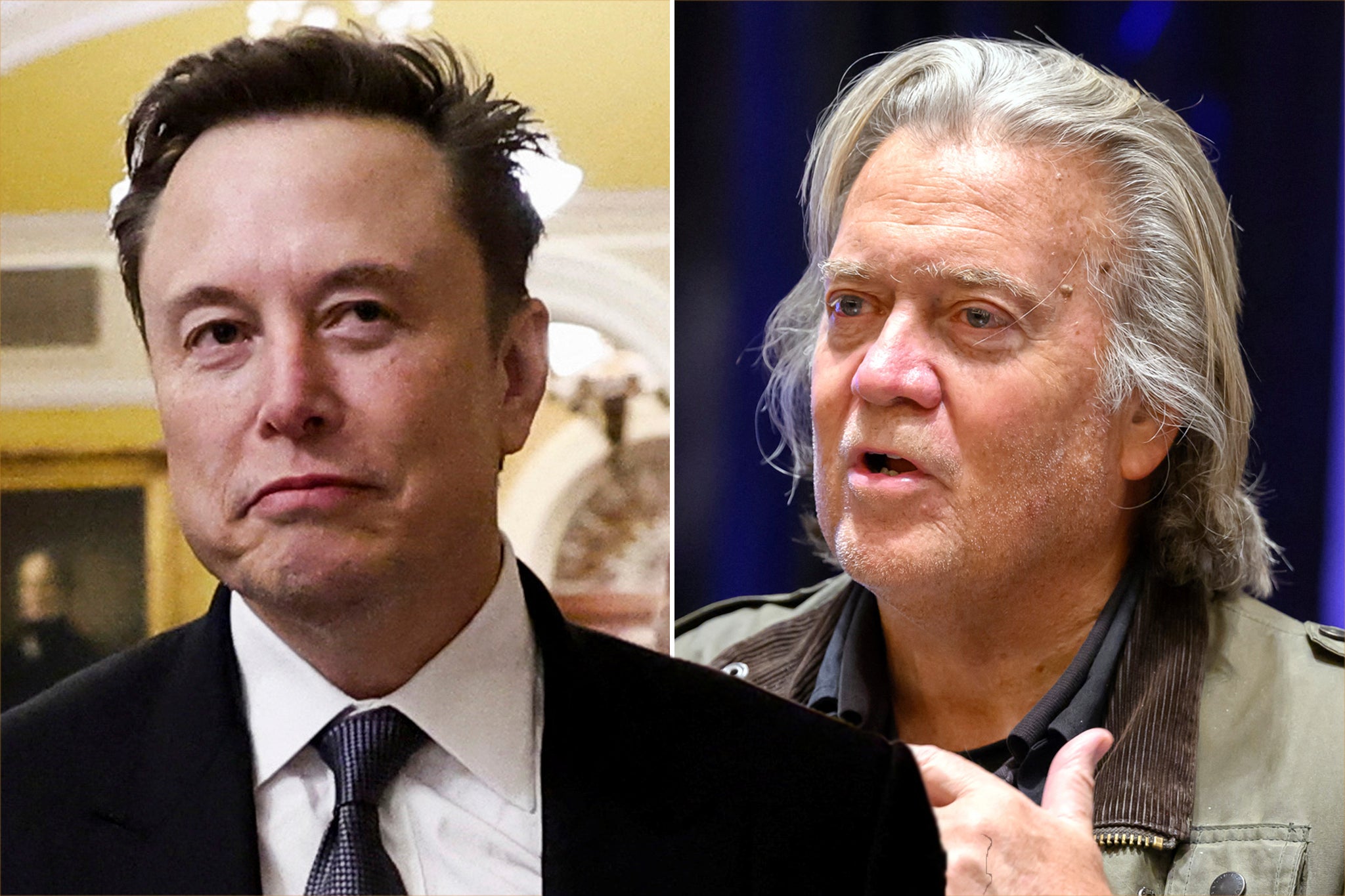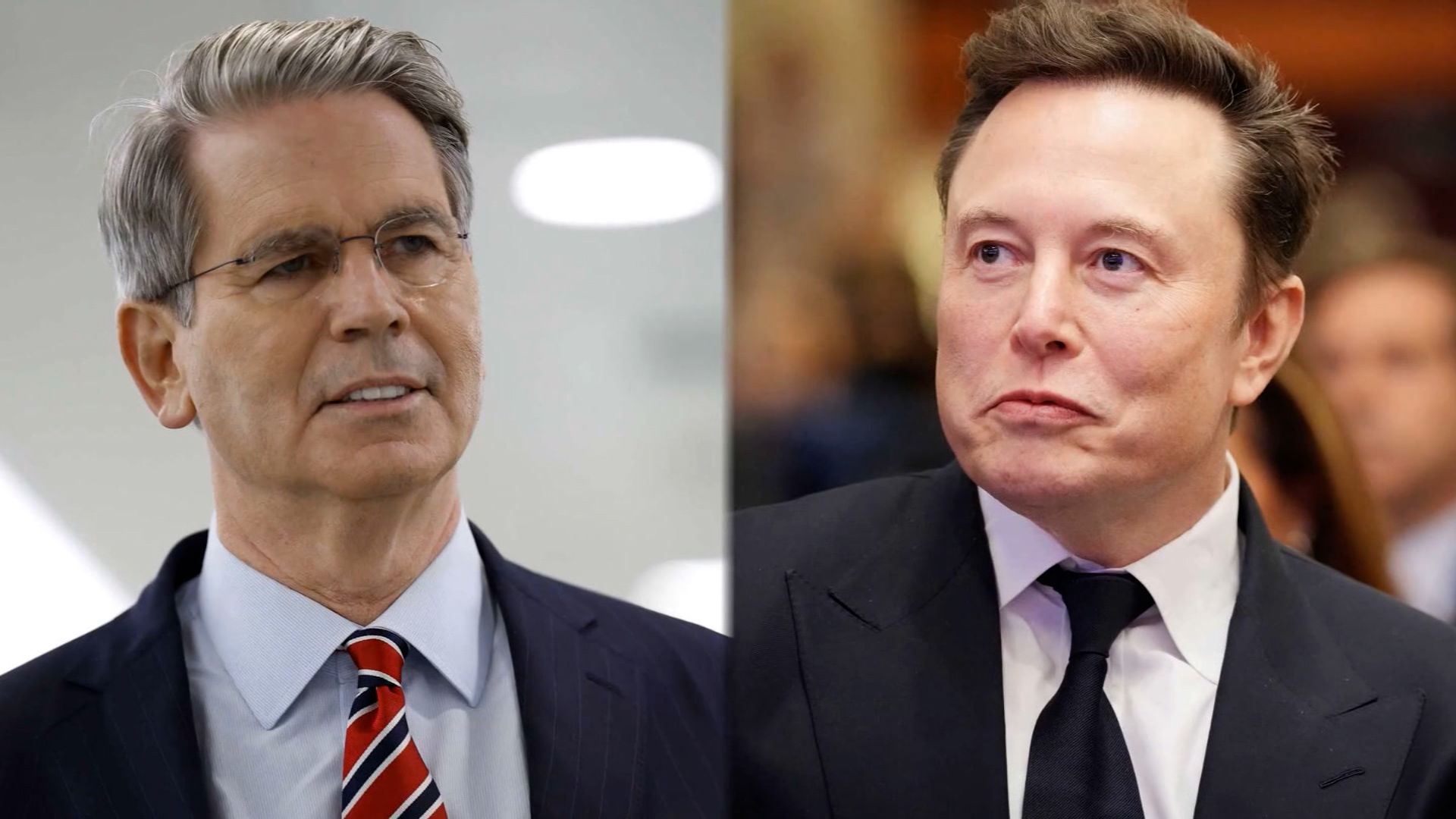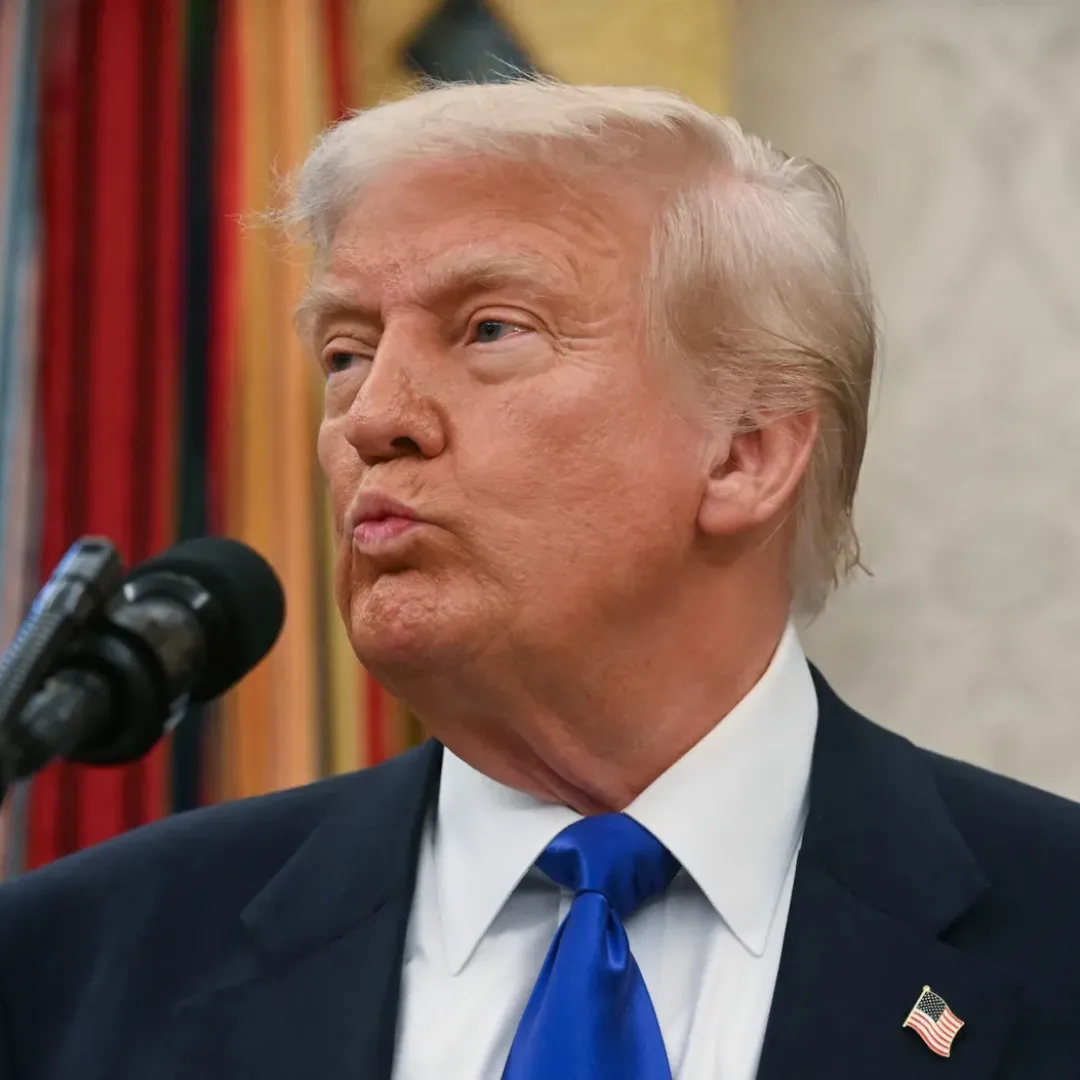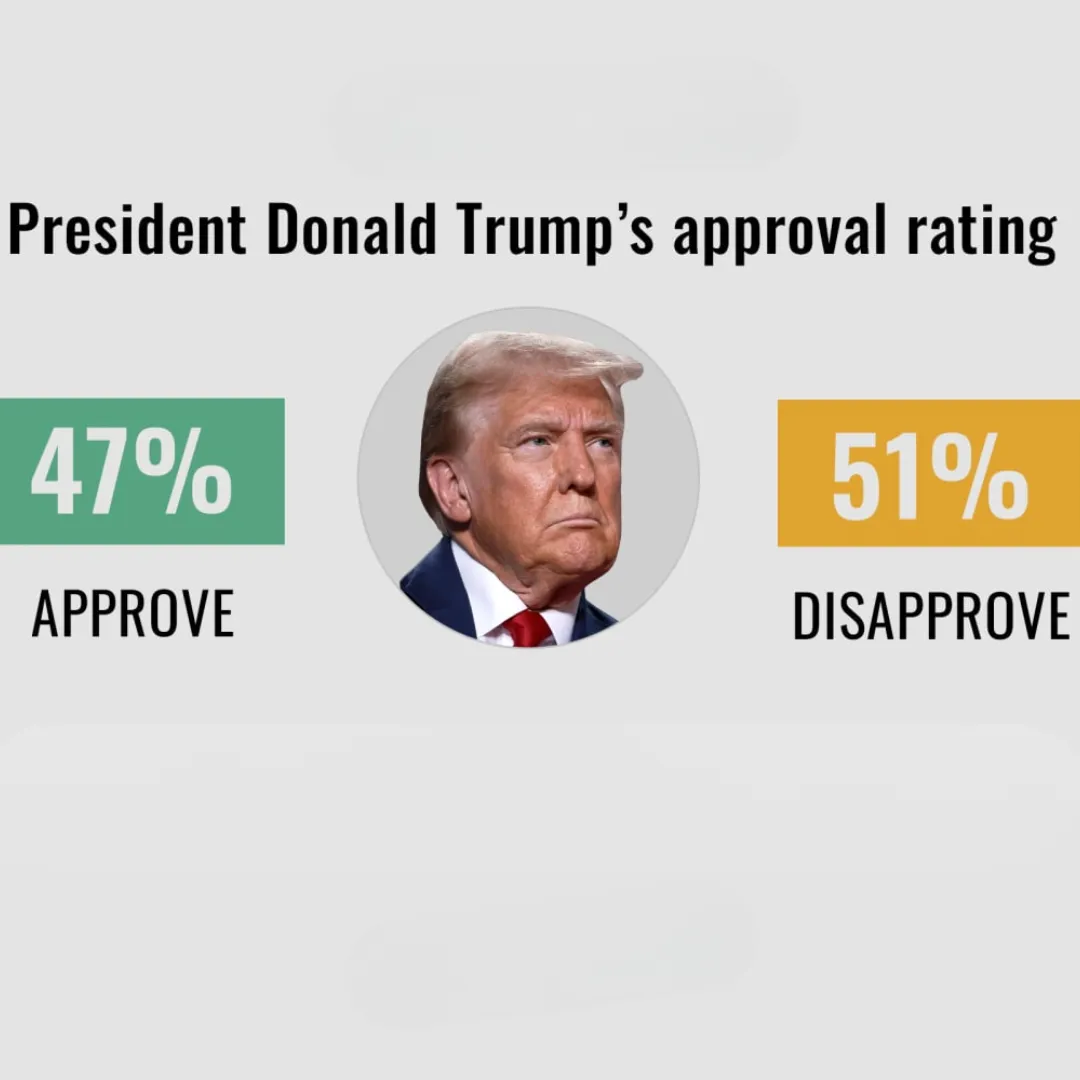
Former White House strategist Steve Bannon has leveled sharp criticism at Elon Musk, accusing the billionaire CEO and Department of Government Efficiency (DOGE) leader of prioritizing his personal interests over the country’s well-being.
In remarks delivered during Semafor’s World Economy Summit, Bannon responded to a recent reported confrontation between Musk and Treasury Secretary Scott Bessent, which has raised questions about the power dynamics within the Trump administration’s economic team.
Speaking candidly at the summit, Bannon was asked by Semafor Editor-in-Chief Ben Smith about the state of the economy amid President Trump’s ongoing trade wars, particularly regarding the impact of tariffs, and whether Bessent was effectively running the economy.
Bannon quickly distanced himself from the idea that Bessent was in charge, but he praised the Treasury Secretary’s experience and expertise. “Well, not running the economy, but he’s a safe pair of hands,” Bannon said. “Scott is a safe pair of hands that understands capital markets deeply. He’s done this for 30 years.”
Bannon’s remarks painted a picture of Bessent as a steady and experienced figure in the volatile world of economic policy, a stark contrast to Musk, whose influence in the Trump administration has long been a subject of contention. Bannon has been vocal about his concerns regarding Musk’s involvement in government affairs, especially when it comes to his role in shaping policies that he believes prioritize business interests over national concerns.
This dissatisfaction traces back to a series of disagreements between Musk and Trump’s inner circle, particularly regarding the controversial H-1B work visa program. Musk, a vocal supporter of the program, found himself at odds with Trump’s base, which had consistently called for its abolition.
The tension between Musk and the administration was highlighted when Bannon discussed the recent shouting match between Musk and Bessent. Musk’s apparent disregard for certain policies that align with the broader interests of Trump’s populist base has deepened Bannon’s distrust of the Tesla CEO.
“I may not like it, but he’s telling the truth, that’s Scott Bessent,” Bannon stated, emphasizing his belief in Bessent’s financial acumen and his ability to navigate capital markets without the personal agenda that Musk, in Bannon’s eyes, brings to the table.

Bannon’s contempt for Musk goes beyond professional disagreements and points to a personal vendetta. For months, Bannon has expressed his belief that Musk’s corporate interests are incompatible with the broader needs of the country, especially in terms of economic policy and immigration reform.
“And I’ll be blunt, if Howard Lutnick had been Secretary of the Treasury, it would have been an unmitigated disaster. Unmitigated disaster and this is about people putting their own interest first, like Elon, versus putting the nation’s interest first,” Bannon said, underscoring the crux of his argument that Musk’s priorities lie in securing personal gains rather than securing the nation’s economic future.
Bannon’s criticism of Musk dates back to the early days of the Trump administration, with tensions rising around the issue of H-1B visas. Musk’s support for the program, which facilitates the entry of skilled foreign workers, clashed directly with Trump’s populist base, which viewed such programs as a threat to American jobs and wages.
Bannon, who had a major hand in shaping Trump’s immigration policy, was adamant that reducing the H-1B program was essential for national interests, and he saw Musk’s stance as a reflection of an elitist mindset that put corporate needs ahead of working Americans.
The fallout from these tensions between Bannon and Musk has continued to shape the dynamics within the Trump administration, particularly as Musk has gained more influence and visibility as the leader of DOGE, a key department in shaping the nation’s economic policy.
Bannon, who has not hesitated to speak his mind, has not softened his stance on Musk, even going so far as to describe the tech mogul as a “truly evil guy,” suggesting that Musk’s influence on policy decisions is deeply troubling to those who still value the populist, America-first ideals that brought Trump to power.
Despite Bannon’s sharp words, Musk’s influence in the administration continues to grow, even as he has signaled a willingness to step back from some of his duties within the administration. This move comes amid increasing scrutiny of Musk’s role in shaping not only economic policy but also political dynamics within the broader Trump circle.
Musk has long been a fixture of the Trump administration, using his relationship with the president to push for policies that benefit his businesses, from electric vehicle incentives to regulatory changes that favor tech companies. However, as Bannon’s remarks illustrate, not everyone in Trump’s inner circle is comfortable with Musk’s proximity to power.

This escalating tension between Bannon and Musk comes at a time when the Trump administration is facing significant internal challenges. Trump’s approval ratings have continued to slip, with growing discontent over the economic impact of his trade wars and tariffs, as well as the deepening rift within his own party.
Musk, with his massive influence and reputation as a tech visionary, has remained a polarizing figure, with critics accusing him of using his connections to shape policy in ways that prioritize his personal interests rather than the good of the country.
In recent weeks, the trade war with China has intensified, and the economic repercussions are being felt across multiple industries. While markets continue to fluctuate, the pressure on Trump to deliver a resolution to the trade dispute is mounting.
Bannon’s harsh criticisms of Musk’s involvement in government are a reflection of the broader sense that Trump’s economic team is increasingly fractured, with competing interests and differing visions for the future. Bannon’s repeated insistence that Musk’s influence is damaging to the administration’s objectives may signal a broader pushback against corporate power in the Trump White House.
As the trade war continues to unfold and Musk’s role in the administration remains under scrutiny, the tension between Bannon and Musk may only escalate. Bannon, who has long been a champion of populist economics, sees Musk as a representative of the kind of corporate elite that Trump’s base is supposed to be fighting against.
Musk’s decision to step back from some of his advisory roles could be a calculated move to distance himself from the growing criticism, but it’s clear that the rift between him and key figures in Trump’s orbit will not be easily resolved.
For now, Bannon’s pointed remarks highlight the ongoing ideological battle within the Trump administration, where competing visions of America’s future are colliding.
With figures like Bannon pushing for a more populist, anti-elitist agenda and Musk continuing to wield significant influence in economic policy, the internal struggle within the White House is likely to intensify, leaving Trump caught between two powerful forces.




